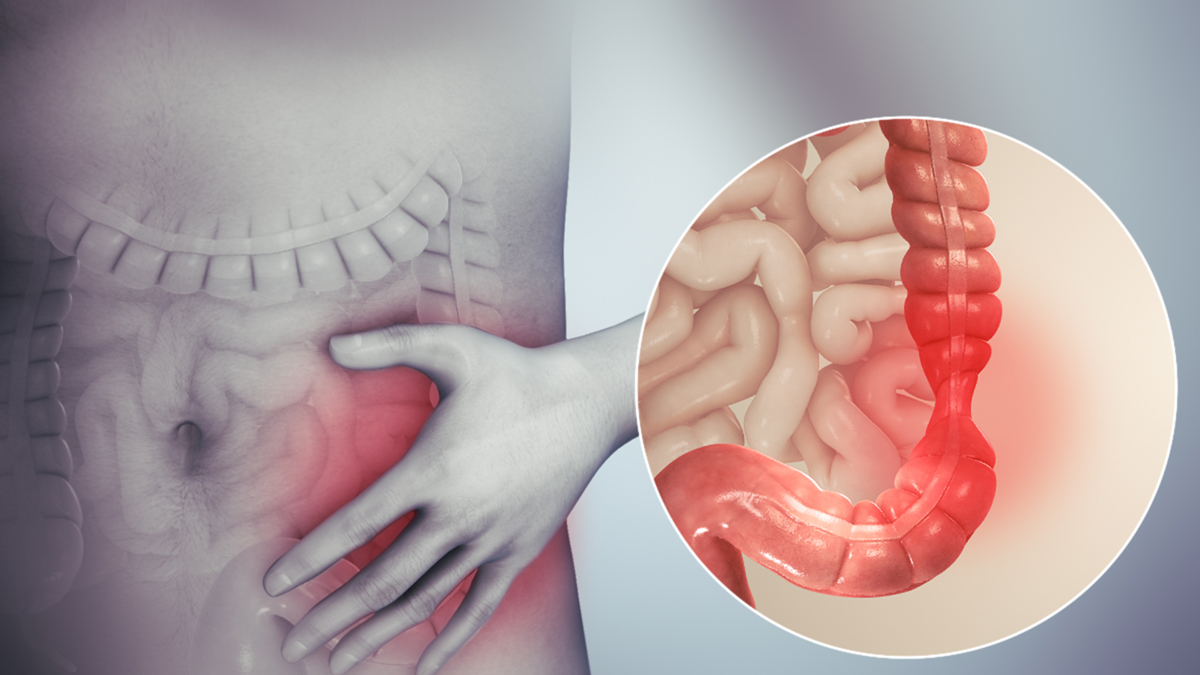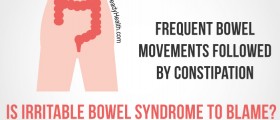
About irritable bowel syndrome
Irritable bowel syndrome is a common digestive disorder that affects one in five adult Americans. It is a functional disorder, meaning that there are no abnormalities that could show on an X-ray, scan, endoscopy or blood tests.
This disorder is characterized by symptoms like abdominal pain, cramping, bloating, diarrhea, constipation and gas.
Irritable bowel syndrome is diagnosed if the symptoms were present for at least 12 weeks over the course of a year. The symptoms must include abdominal pain and discomfort, and there should be at least one of the other symptoms, including relief after bowel movement, change in frequency of bowel movement and change in appearance of the stool.
Irritable bowel syndrome can be treated using natural remedies, and there are many therapeutic options to choose from.
Natural remedies for irritable bowel syndrome
One of the best and most widely used natural remedies for irritable bowel syndrome is peppermint oil. T is believed that peppermint oil relieves cramping and bloating by blocking the movement of calcium into muscle cells and thus easing the contractions. Peppermint is a carminative herb, which means it reduces gas in the intestines.
Peppermint oil is best if used in form of enteric capsules that do not open until they teach the intestines. In other forms there is a risk that it will relax the esophageal sphincter and cause heartburn.
This remedy is not suitable for children and pregnant or nursing women.
Another effective way to treat irritable bowel syndrome is to use probiotics. Probiotics are live microorganisms that normally live in the intestines and suppress the growth of potentially harmful bacteria. They also improve the immune function and enhance the protective barrier of the intestine walls.
There are many different probiotic strains, and among the most effective for irritable bowel syndrome is Bifidobacterium infantis.
Partially hydrolyzed guar gum or PHGG is a water-soluble fiber that can be used to treat constipation, diarrhea and abdominal pain associated with irritable bowel syndrome. PHGG also increases the effectiveness of beneficial bacteria like lactobacilli and bifidobacteria in the intestines.
Food intolerance
It is believed that food intolerance may be one of the causes of irritable bowel syndrome, as they trigger an immunity response in the intestines, which respond with a low-grade inflammation. Food intolerance that is most commonly associated with irritable bowel syndrome is dairy products and grain intolerance.
In order to determine which foods cause intolerance and consequent problems, food groups must be eliminated from the diet for a short time and then re-introduced. This is best if done under the supervision of a qualified physician.










_f_280x120.jpg)






Your thoughts on this
Loading...